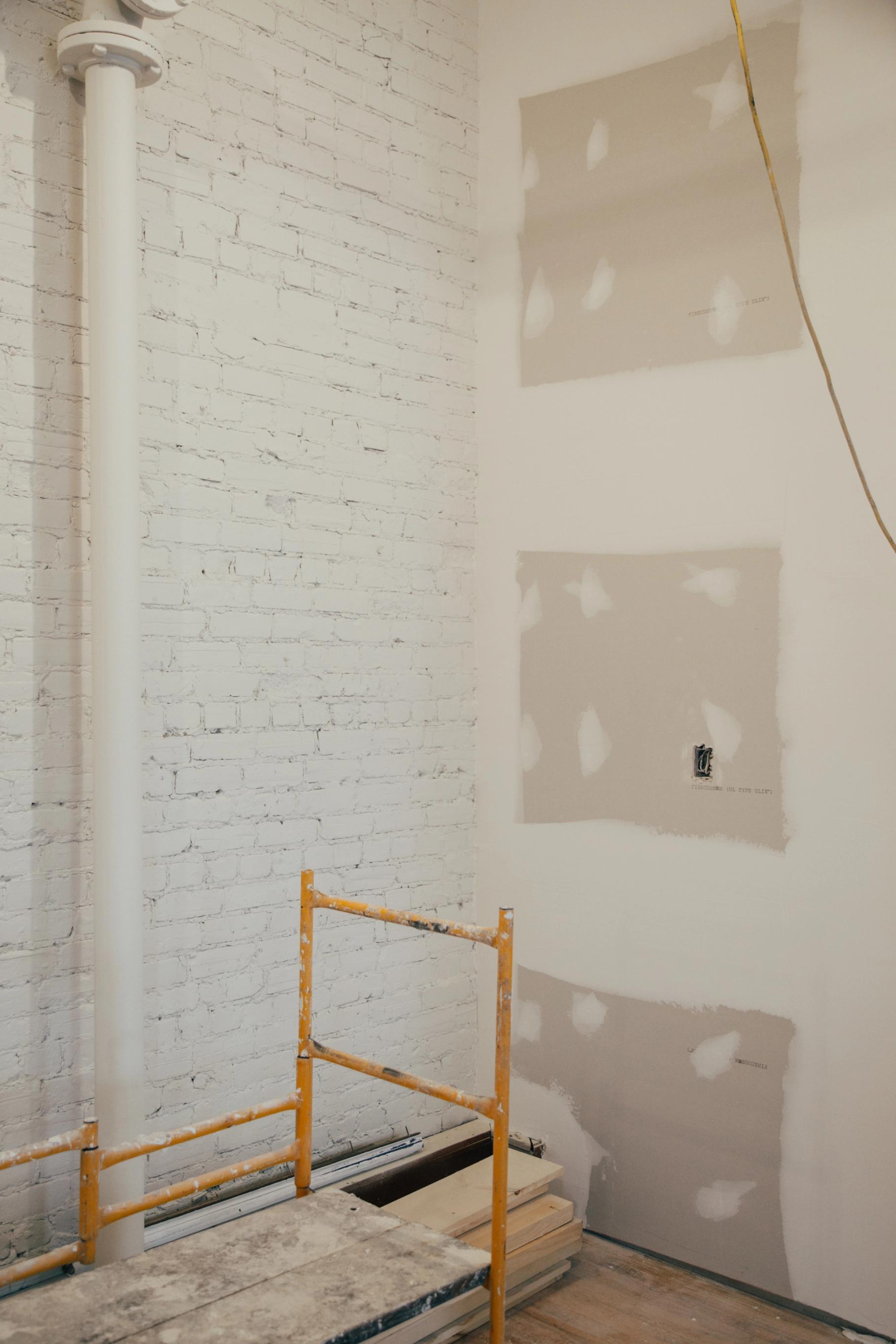
6 tips for when you are renting or renting out
6 tips for when you are renting or renting out
Here you can find useful articles for you as a tenant or landlord. The information in the articles is general and objective.

6 tips for when you are renting or renting out

If the residence does not have an escape route, it may constitute a defect. The tenant will normally be able to demand corrections or extraordinary termination ...

If the tenant discovers faults or defects with the residence after it being made available to him, he must notify the landlord. Notifying the landlord about a f...

A guarantee is a promise from someone other than the tenant, for example an insurance company or Nav, that gives security for the landlord's claims following th...

Pursuant to the rules in the Tenancy Act section 5-2 the tenant is obligated to follow ordinary rules for peace and quiet, and reasonable injunctions set by the...

The landlord and tenant should go through the residence together both when the tenant is moving in and moving out, and fill out a protocol.

The tenant is obligated to move out when the tenancy or the notice period has expired.

Lost rent means lost rental income in a period where the landlord normally could expect rent. The landlord may claim compensation for lost rent from the tenant.

Mould is one of the most common property damages. It is often multiple causes for mould to occur. Often the mould is due to a combination of circumstances with ...

In some cases pest and vermin can infest the property. This can be rats or bed bugs.


Joint household

The residence must be returned in the agreed condition. If nothing else is agreed upon, the property must be in the same condition as it was when made available

The tenant does not have a right to return to clean or remedy damage or defects after moving out.

The landlord cannot claim additional rent even though more people move into the residence.

The Tenancy Act does not have rules about what kind of information the landlord may or may not request, but section 1-8 forbids discrimination.

If the property has a defect, the tenant can i some circumstances withhold a part of the rent, claim rent reduction or compensation.

The tenant has a right to pay the rent by placing it in a bank account.

The Cancellation Act contains rules about a consumer's right of withdrawal for certain types of agreements. The right of withdrawal means that the consumer, wit...

During the tenancy the agreed upon amount of rent cannot be adjusted more than the law permits. The Tenancy Act gives way for two ways to regulate the rent.

The landlord can initially only require payment of the rent they agreed to. Upon entering into the tenancy, the parties can agree to a deposit or a guarantee.


Even though the landlord has written into the contract that keeping animals is not permitted, the tenant can keep animals if there are good reasons for it, and ...

The tenant is obligated to return the residence in the agreed upon condition.

Ordinary termination by giving your notice is the common way for a landlord to end a tenancy agreement during tenancy.

A tenancy agreement can be entered into for a specified or unspecified time period. If there is an end date in the contract, it is a time specified tenancy. If ...

The landlord and tenant's rights and obligations also apply during the notice period. This means that the tenant as a main rule must continue to pay rent, while...

What does the contract say?

In the Tenancy Act there are rules about time specified tenancy agreements. Even if it says in the contract that the tenancy is time specified, the tenancy agre...

Sometimes the tenant and landlord has the right to give notice, but they have not agreed how long the notice period should be.

Termination with immediate effect is an extraordinary way to end the tenancy. For the tenant to have a right to terminate the contract with immediate effect, th...

Termination with immediate effect is an extraordinary way to end the tenancy. For the landlord to have a right to terminate the contract with immediate effect, ...

The tenant can only make alterations to the residence if the landlord has approved that the tenant can make the alterations in advance. It can also be agreed up...

If the tenant has made an alteration on the property during the tenancy, that improves the property, the tenant may claim remuneration at the end of the tenancy...

Maintenance is work that is meant to keep the standard of the residence equal to what it was when the tenant moved in. This applies to both the interior and the...

The landlord can make alterations without approval from the tenant. This does however only apply if the landlord can make the alterations without noteworthy inc...

The deposit is the tenant's money and must be placed on a locked account in the tenants name.

A deposit is an agreed amount of money that the tenant places in a locked bank account in the tenants name. It is meant as security to the landlords potential c...

A deposit account can be opened in banks that provide this offer. The deposit account must be in the tenants name, and none of the parties can dispose of the am...
We use cookies to improve your online experience. By clicking, you agree that we can store your data.
Read more in our privacy policy.